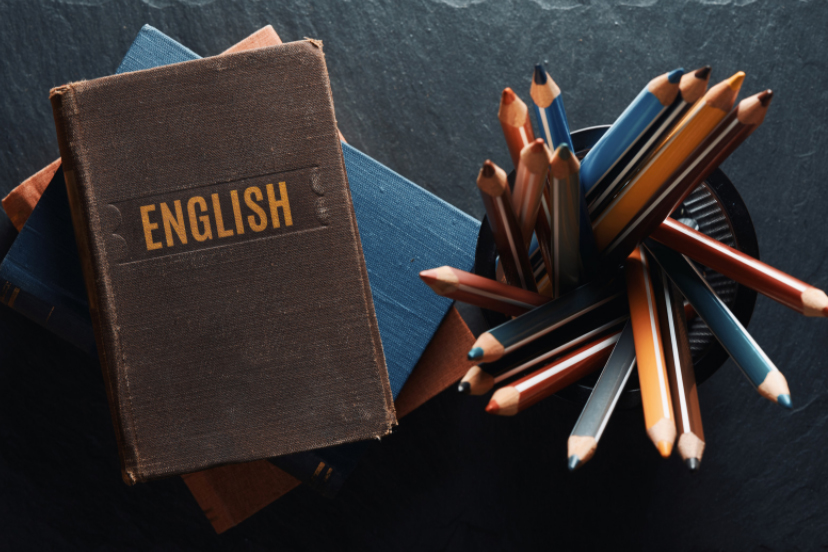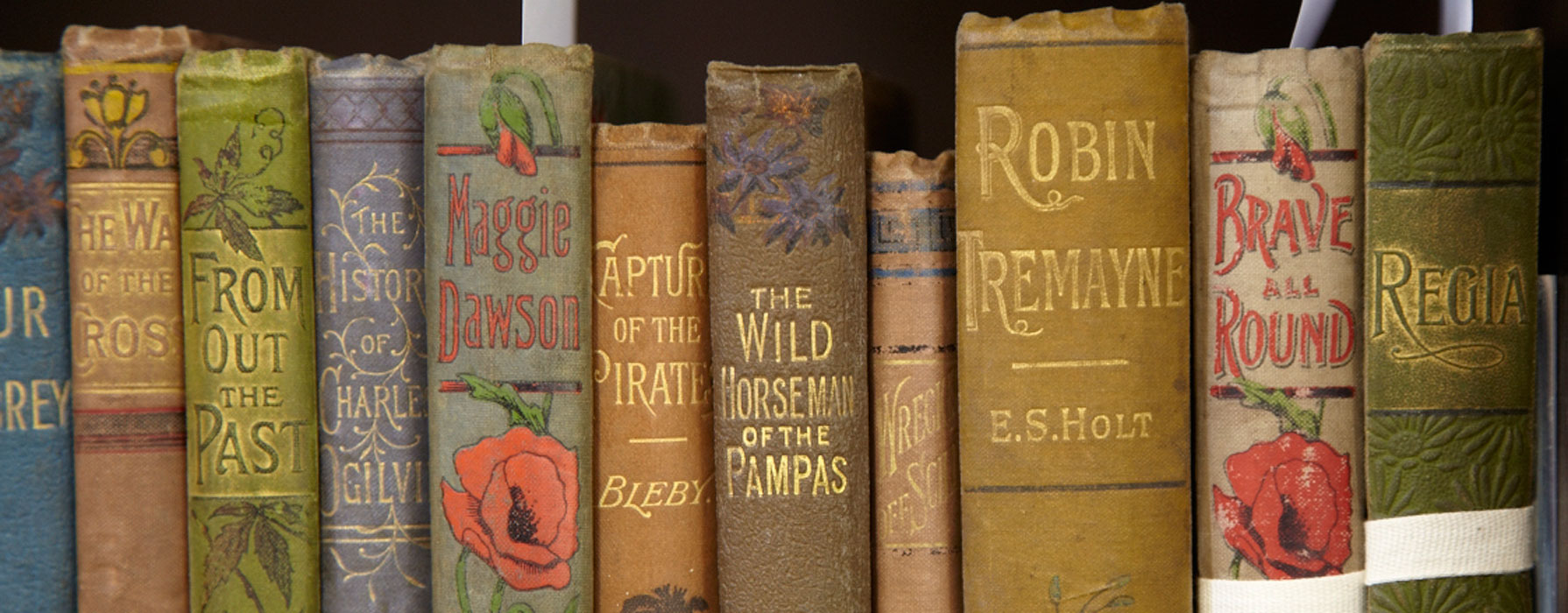The Most Important Poets in English Literature: 5 Poets that Changed History

English literature is considered one of the most prominent literatures in the world as it has contributed to shaping Western culture and thought. Among the many poets in this field, there are five inventors who stand out for their notable and important contributions to English literature.
In this article, we will learn about these poets and their work in English literature to delve more into the details of this art.
1- William Shakespeare
- William Shakespeare was an English playwright, poet, and actor, widely regarded as the greatest writer in the English language and the world's pre-eminent dramatist.
- He is often called England's national poet and the "Bard of Avon".
- His works, including plays such as Romeo and Juliet, Hamlet, Macbeth, and Othello, have been translated into every major living language.
Some of Shakespeare's best works in literature include:
- Romeo and Juliet
- Macbeth
- Hamlet
- Othello
- King Lear
- Julius Caesar
- A Midsummer Night's Dream
- The Tempest
- Twelfth Night
- Much Ado About Nothing
William Shakespeare made many contributions to English poetry and literature, including:
- Shakespeare's plays and poetry have had a profound influence on the English language, introducing many new words and phrases that are still in use today.
- His works have explored a wide range of themes and emotions, from love and betrayal to ambition and power, making him one of the most versatile and enduring writers in English literature.
- Shakespeare's character development and storytelling techniques have set a high standard for writers to follow, inspiring countless literary works in the centuries since his death.
- His plays have been performed and studied worldwide, contributing to the global popularity of English literature.
- Shakespeare's ability to capture the complexities of human nature and the universal struggles of life has made his works timeless and relevant to readers of all ages and backgrounds.

2- John Milton
- John Milton (1608–1674) was an English poet, polemicist, and civil servant, best known for his epic poem "Paradise Lost."
- He is considered one of the greatest poets in the English language and his work is known for its themes of morality, politics, and religion.
- Milton's other notable works include "Paradise Regained," "Samson Agonistes," and various political tracts.
Among his most important works:
- Paradise Lost
- Paradise Regained
- Areopagitica
- Samson Agonistes (Samson the Fighter)
Milton made many notable contributions to English poetry and literature including:
- Milton is best known for his epic poem "Paradise Lost," which is considered one of the greatest works in English literature.
- He was a highly influential figure in the development of English poetry and was instrumental in the transition from the Renaissance to the Enlightenment period.
- Milton's work often explores complex theological and philosophical themes, as well as political and social issues of his time.
- His poetry is characterized by its skillful use of language, imagery, and symbolism, and his works are admired for their depth of thought and expression.
- He advocated for freedom of speech and expression in his prose works, such as "Areopagitica," which has had a lasting influence on ideas of censorship and intellectual freedom.
3- Charles Dickens
- Charles Dickens (1812-1870) was an English writer and social critic who is considered one of the greatest novelists of the Victorian era.
- He is best known for his novels such as "Oliver Twist," "Great Expectations," "A Christmas Carol," and "David Copperfield”
- Dickens's novels often featured vivid characters, intricate plots, and social commentary that highlighted the struggles of the working class in London during the Industrial Revolution.
- His novels are known for their satirical and romantic style, which reflects the social reality in which British society lived at that time.
Among his most important works:
- Great Expectations
- Oliver Twist
- A Christmas Carol
- David Copperfield
- A Tale of Two Cities
- Hard Times
Dickens made many contributions to English literature, including:
- Charles Dickens is known for his vivid and memorable characters, such as Ebenezer Scrooge from "A Christmas Carol" and Oliver Twist from the novel of the same name. These characters have become iconic figures in English literature.
- Dickens was a masterful storyteller who created intricate plots filled with twists and turns that kept readers engaged.
- He brought attention to social issues of his time, such as poverty, inequality, and the harsh conditions of the working class. His novels often shed light on these societal problems and raise awareness about them.
- Dickens' use of humor, satire, and irony added depth and complexity to his works, making them both entertaining and thought-provoking.
4- Emily Dickinson
- Emily Dickinson is a renowned American poet who lived in the 19th century. She is considered one of the most influential poets in American literature.
- Dickinson's unconventional style and themes, such as death, immortality, nature, and faith, have made her work highly regarded and celebrated.
- Despite being relatively unknown during her lifetime, her poetry has since been widely studied and appreciated for its unique voice and profound insight.
Some of the best works of Emily Dickinson include:
- "Because I could not stop for Death" - This poem explores the theme of death and immortality in a gentle and reflective manner.
- "I'm nobody! Who are you?" - A famous poem that explores the themes of identity and individuality.
- "Hope is the thing with feathers" - This poem uses vivid imagery to explore the theme of hope.
- "I heard a Fly buzz—when I died—" - A haunting poem that explores the experience of death and the unknown.
Emily Dickinson made many contributions and changes to English literature through:
- Emily Dickinson revolutionized American poetry by experimenting with traditional forms and structures, creating a unique style that focused on themes of death, love, nature, and spirituality.
- 2. She used vivid and evocative language to convey complex emotions and ideas, challenging readers to reconsider their understanding of poetry and language.
- Dickinson's work explores the human experience in a deeply personal and intimate manner, shedding light on universal truths about life, death, and the nature of existence.
- Her use of punctuation, capitalization, and meter was unconventional for the time, pushing the boundaries of poetic expression and paving the way for future generations of poets to experiment with form and technique.

5- TS Eliot
- American poet Thomas Steward Eliot, winner of the Nobel Prize in Literature in 1948.
- Born in 1888 and died in 1965, he is known for his complex and philosophical works of poetry that sharpen the mind and push the reader to think deeply.
Some of the most highly regarded works of T.S. Eliot include:
- "The Waste Land" - considered one of the most important poems of the 20th century, this work is often cited as a key example of modernist literature.
- "The Love Song of J. Alfred Prufrock" - another iconic poem that explores themes of love, anxiety, and existentialism.
- "Four Quartets" - a series of four poems that reflect on time, faith, and the search for spiritual fulfillment.
- "Murder in the Cathedral" - a verse drama about the murder of Thomas Becket, Archbishop of Canterbury.
Among his most important contributions:
- Eliot's poem "The Waste Land" is considered one of the most important and influential works of modernist poetry, reflecting the disillusionment and fragmentation of society following World War I.
- His essay "Tradition and the Individual Talent" revolutionized literary criticism by introducing the concept of the "objective correlative" and emphasizing the importance of tradition in shaping an artist's work.
- Eliot's play "Murder in the Cathedral" is a landmark work in the field of modernist drama, drawing on the themes of martyrdom and the struggle between spiritual and worldly powers.
- Eliot's experimentation with form and language, as seen in poems like "The Love Song of J. Alfred Prufrock" and "Four Quartets," helped redefine the boundaries of poetry and inspired a generation of writers to explore new ways of expression.
Read more: Who are the Most Important Inventors in Physics? 5 of the Greatest Physicists in History
In Conclusion
The five poets discussed in this blog post have left an indelible mark on English literature, influencing generations of writers and readers alike.
From the innovative and groundbreaking works of Emily Dickinson to the timeless and universal themes explored by William Shakespeare, these poets continue to captivate and inspire us with their words.
Their poems remind us of the power of language and the enduring legacy of poetry in shaping our understanding of the world.
You can visit Schoolizer to learn more details about everything you need to be the best teacher in 2024!
Read more: 4 of the Most Important Inventors in the Field of Arabic Literature






